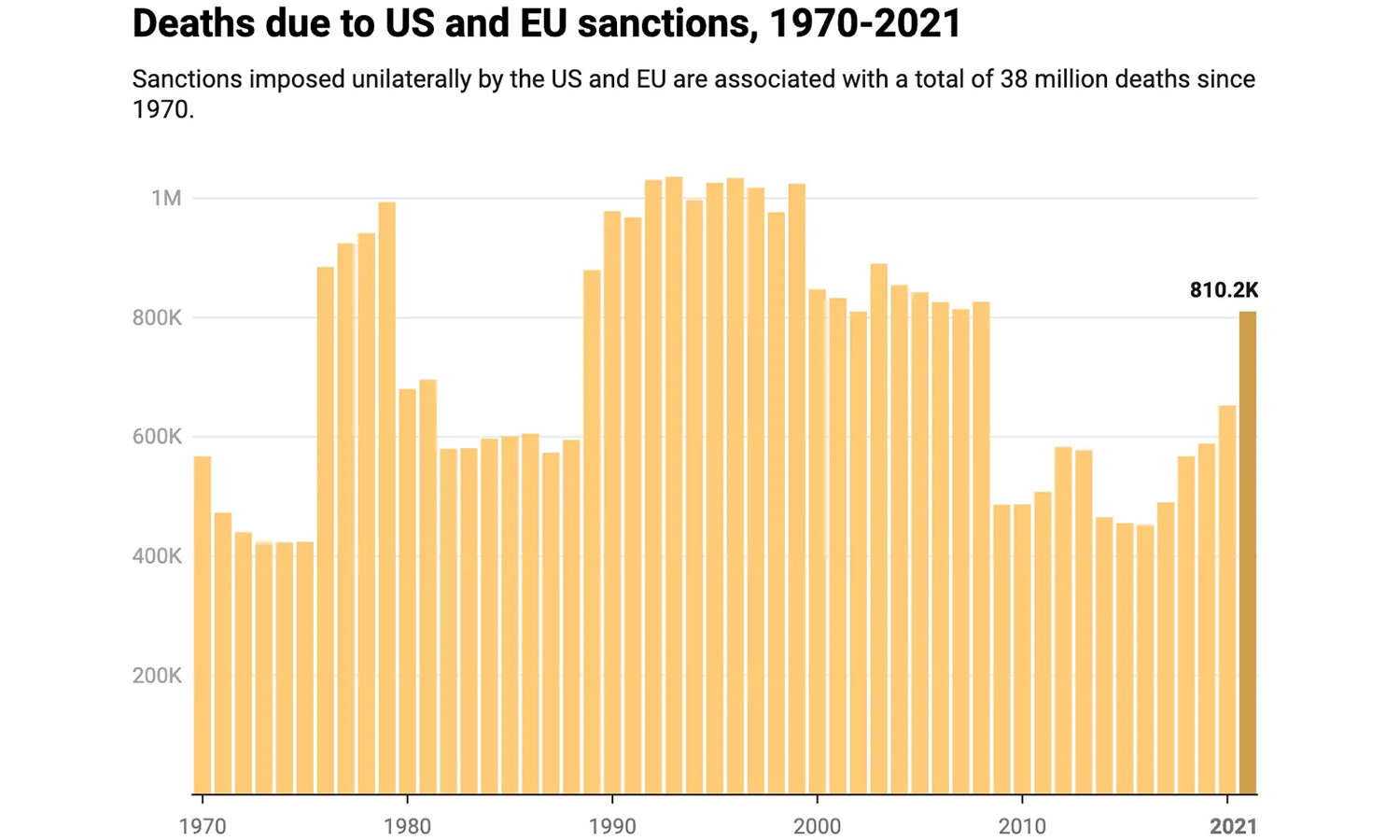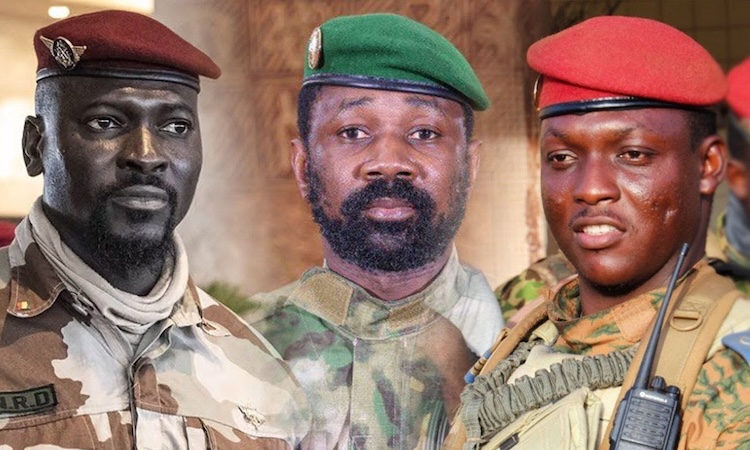The following article is reproduced from Italian Marxist website Marx21.it with thanks.
*****
On 31 October 2022, Tomáš Hübner, single judge of the Prague 7 district court, sentenced Josef Skála, a well-known Marxist intellectual and former vice-president of the Communist Party of Bohemia and Moravia (KSCM), together with Vladimír Kapal, and Juraj Václavík, to eight months’ imprisonment under Article 405 of the Czech Republic’s criminal code, for having challenged the version of history that attributed the Katyn massacre (the killing of thousands of Polish prisoners of war on the territory of the USSR, occupied by the Wehrmacht in the summer of 1941) to the Soviet leadership.
Two years earlier, on 2 July 2020, the three had participated in a public discussion forum – organised, at the request of the listeners, by Svobodné radio – on the Katyn massacre, which had become one of the main topics of the anti-Soviet and anticommunist crusade of the political and social forces that came to power in 1989, whose version of the facts blames the Soviets for the premeditation and execution of the crime.
This version, based on the analysis of documents and evidence available up to 2020, is disputed by researchers and scholars from various countries, who have attributed it to the Nazi occupiers.
In the July 2020 forum, Josef Skála emphasised that the aim of the discussion was to stimulate further debate without any dogmatic statements. Neither he nor the other speakers denied or questioned the massacre of Polish prisoners, nor did they endorse or justify it in any way. They simply entered into a debate, which has lasted for over three-quarters of a century, regarding who was responsible for the massacre.
They were guilty of opposing the version of history that is now passed off as inviolable canon, arguing with reference to sources and documents, including those that emerged from the archives in the period after the collapse of the USSR. The broadcast received many positive comments and did not raise controversy.
But on 18 March 2022 – almost two years later – all three forum participants were summoned by the Czech police’s ‘National command for combating organised crime’ and asked to explain themselves. This was the initial stage of the criminal proceedings, which culminated in an eight-month sentence being handed down on 31 October, against which they appealed.
Trial begins on 1 February
The association PRAK (Against Repression and Criminalisation) has highlighted some ‘coincidences’ that reveal the instrumental political use of Article 405 of the Czech criminal code.
A month before the criminal proceedings began, Josef Skála had announced his intention to run in the presidential elections. The indictment hindered him in the collection of the 50,000 signatures needed to submit his candidature.
Moreover, he is among the most active supporters of the peace and anti-Nato movement, which took part in the massive autumn demonstrations in Prague and other centres of the country last autumn. The criminal code was used to target him and the opposition political movement of which he is an active member, in order to inhibit his political work.
In 2000, shortly after the official entry of Hungary, Poland and the Czech Republic into Nato (12 March 1999), Article 261a was added to the 1961 criminal code, lumping together Nazi and communist ‘crimes’:
“Whoever publicly denies, questions, approves or tries to justify Nazi or communist genocide or other crimes against humanity committed by Nazis or communists shall be punished by a term of imprisonment from six months to three years.”
This became Article 405 in a new criminal code that came into force on 1 January 2010. This wording – like those introduced to the penal codes of former socialist countries such as Poland, Lithuania, Slovakia and Hungary – leaves a wide margin of discretion and arbitrariness to the judicial authority, which is thus transformed into the supreme scientific authority and repository of an indisputable truth – the doubting of which can lead to imprisonment.
It would seem that in the countries of the ‘free’ European Union, the medieval Inquisition has returned.
The criminalisation of the historical experience of communism was able to implant itself in the new political-legal (lawfare) approach of some western countries in the 1990s – France (1990), Austria (1992), Germany (1994), Belgium (1995), Luxembourg (1997) – which began to oppose ‘holocaust denialism’ via the legal system instead of in universities and in public debate.
This was heavily criticised by many researchers and historians, who pointed out the predictable perverse effects. Stefano Levi Della Torre, for example, wrote that it is “aberrant to punish by law crimes of opinion, also because this indirectly proposes that there is an official truth sanctioned by law.
“Falsehood by law presupposes a truth by law, and this is an idea familiar to inquisitions and totalitarianisms, and hostile to democracy and scientific research. Striking down a malicious lie by law also opens a breach in the field of constitutional rights and one does not know where it will end up.
“Aberrant and ill-intentioned opinions and theories must be fought on the terrain of cultural battles, actively.” (Punishing denialism?, Hakeillah, October 2010)
In the more than 30 years since 1989, through an uninterrupted and increasingly harsh media hammering by the anticommunist and anti-Russian nationalists of the former socialist countries of eastern and central Europe and the extremist Nato ideologues, a new historical narrative regarding WW2 has imposed itself in the EU, overturning the previously existing accepted narrative which – despite all the harshness of the cold war confrontation – recognised the great historical value of the allied anti-Nazi coalition and the fundamental and indispensable contribution of the Soviet Union to the victory against Nazi-fascism.
The seal on this new narrative was the European parliament’s resolution of 19 September 2019 on the ‘Importance of European memory for the future of Europe’, which officially removed any value from the international anti-Nazi-fascist alliance in order to unite in a condemnation without appeal Nazi Germany and the USSR, pointed at as co-responsible (with some heavier emphasis against the Russians) for the outbreak of World War 2 and all the mourning that followed, and pointing to liberal democracies as the beacon and the destiny of the peoples of Europe.
On this basis, the new Inquisition of the 21st century can thus operate, jailing anyone who raises even a well-founded doubt about the history that is written and sanctioned by the political forces in power.
The incrimination and conviction of Josef Skála and the other speakers at the Katyn debate on 2 July 2020 goes far beyond the broad meshes and great discretion (with plenty of room for slipping into arbitrariness) that the Czech criminal legislation gives to the police authorities and the judge.
A group of Czech democratic lawyers and jurists has pointed out that in the radio programme in question, there was not the slightest emotional excess. Nor were any statements made that could insult or humiliate anyone today, or threaten their rights or the values and norms of a democratic society.
The radio discussion on a crime committed 80 years ago referenced publicly-available research carried out by serious scholars. None of the arguments put forward were without a documentable source, meaning that the programme was entirely consistent with what the current Czech constitution and the Charter of Fundamental Rights and Freedoms guarantee to freedom of expression.
The indictment and conviction of the three rapporteurs sets an alarming precedent. It is a further step towards an EU that is less and less tolerant of dissent, and increasingly at odds with those principles of freedom that its leaders so loudly proclaim at every turn.
Solidarity with those on trial in Prague and the struggle for their full exoneration is in the front line of a more general battle in the EU for the defence of freedom of expression and political activity, against repression.
——————————
Postscript
Let it be noted in passing that the perpetration of the Katyn massacre was one of the long list of charges brought against the Nazis at the Nuremberg Tribunals in 1946. It was only with the decline and demise of the Soviet Union that the imperialists began to revisit this universally-accepted truth and to reward historians on both sides of the so-called ‘iron curtain’ for producing ‘evidence’ that the Soviets had done it after all – evidence that is entirely based on the Nazis’ wartime anticommunist propaganda.
For more information, read The Katyn Massacre, a presentation given to the Stalin Society in July 2002 by Comrade Ella Rule.
















